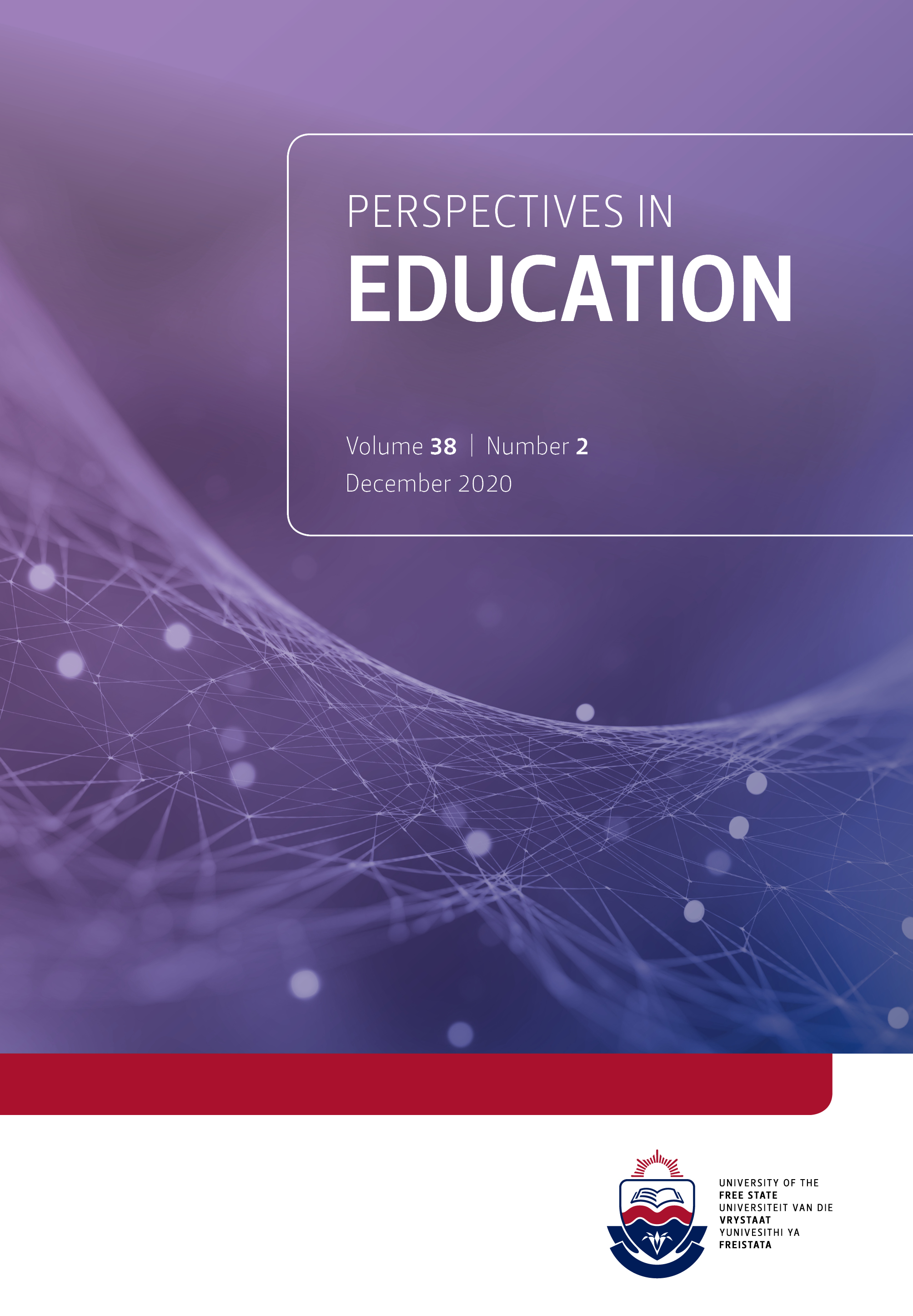Understanding the career trajectories of Black female academics in South Africa
A case study of UKZN
DOI:
https://doi.org/10.38140/pie.v38i2.4348Keywords:
Race, Old boys' network, Gender, South African higher education, Queen bee, Stress, IntersectionalityAbstract
This study seeks to explore the career trajectories of Black South African female academics at the University of Kwa-Zulu Natal. Their lived experiences continue to include the political vicissitudes of race and gender. Global scholarship on the challenges experienced by Black women in academia is palpable; the South African landscape is distinctive, resultant from the complex intersections of apartheid and the 2004 higher education transformation process. Fourteen in-depth interviews were conducted with Black female academics from five different campuses at the University of KwaZulu-Natal in South Africa, inviting them to recount their lived experiences as academics. Notable themes that emerged when examining race and gender included: the ‘old boys’ network’, the leadership paradox of feminised leadership versus the ‘queen bee’, as well as the impact of stress. The theoretical framework that underpins this paper is social constructivism with a specific focus on intersectional theory. Intersectional theory will give context to race and gender identity in the experience of the academics. The intersectional experiences are documented by the South African government as legislation[1] addresses disparities that existed during apartheid; nonetheless these intersectional experiences of disadvantage are perpetuated. The dimensions of race and gender play a critical role in academia, while transformational legislation is responsible for facilitating gendered targets. These findings seek to provide a tool of support for Black women, as they continue to be exposed to innumerable challenges including perfunctory appointments, remuneration incongruence, and inconsistencies in the apportionment of research funding.
[1]Legislation including Employment Equity Act 55 of 1998 designed to encourage racial transformation
Downloads
##submission.downloads##
Published
How to Cite
Issue
Section
License
Copyright (c) 2020 Aradhana Ramnund-Mansingh

This work is licensed under a Creative Commons Attribution 4.0 International License.









